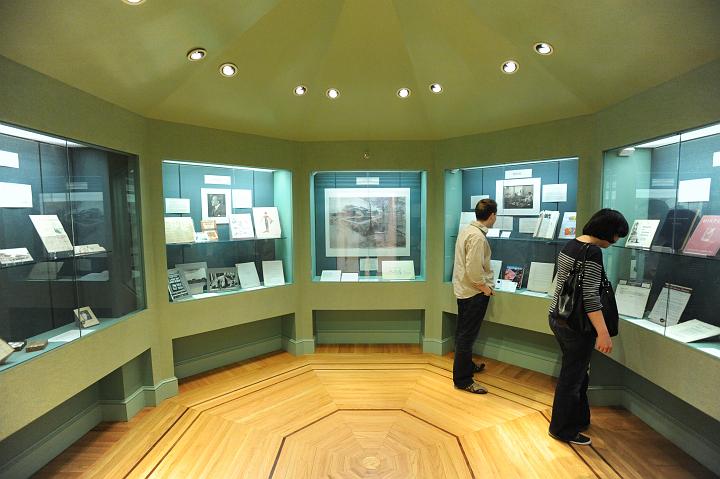Correspondence, manuscripts, audio cassettes, photographs, and printed materials. The correspondence covers the years 1934 through 1999 and consists mostly of letters to and from James L. Weil, whose Elizabeth Press was Bronk's publisher from 1969 to 1981, from Eugene Canadé, an artist who illustrated many of Bronk's books, from Bronk's sisters, and from many friends. There are also letters from W.H. Auden; Paul Auster, Cid Corman (Bronk's first publisher and founder of ORIGIN, the magazine in which many of Bronk's early poems first appeared), Robert Creeley, Samuel French Morse, Gilbert Sorrentino, and many other well-known authors. The manuscripts include notebooks and binders containing handwritten and typed drafts of poems and essays. They document nearly all of Bronk's published writings including the collection of essays he completed in the 1940s which was published in 1980 as THE BROTHER IN ELYSIUM as well as the collection of poems published in 1981 as LIFE SUPPORTS: NEW AND COLLECTED POEMS for which Bronk won the American Books Award in 1982. There are also page proofs, photographs of Bronk, many audio cassettes of Bronk reading his work in the 1970s and the 1980s and printed materials
